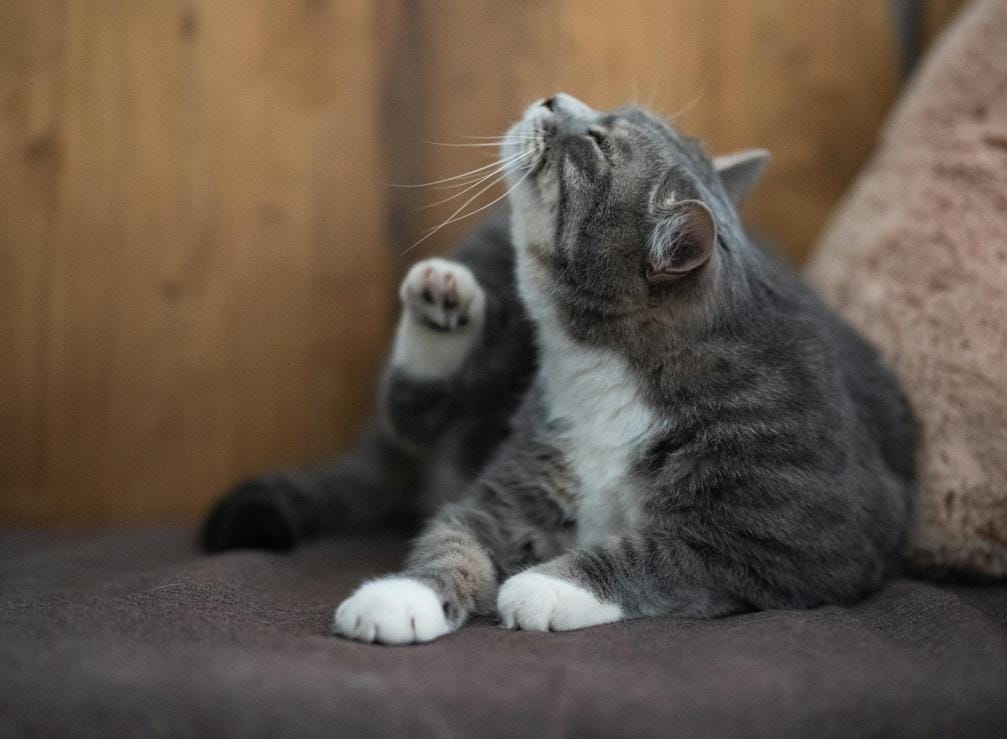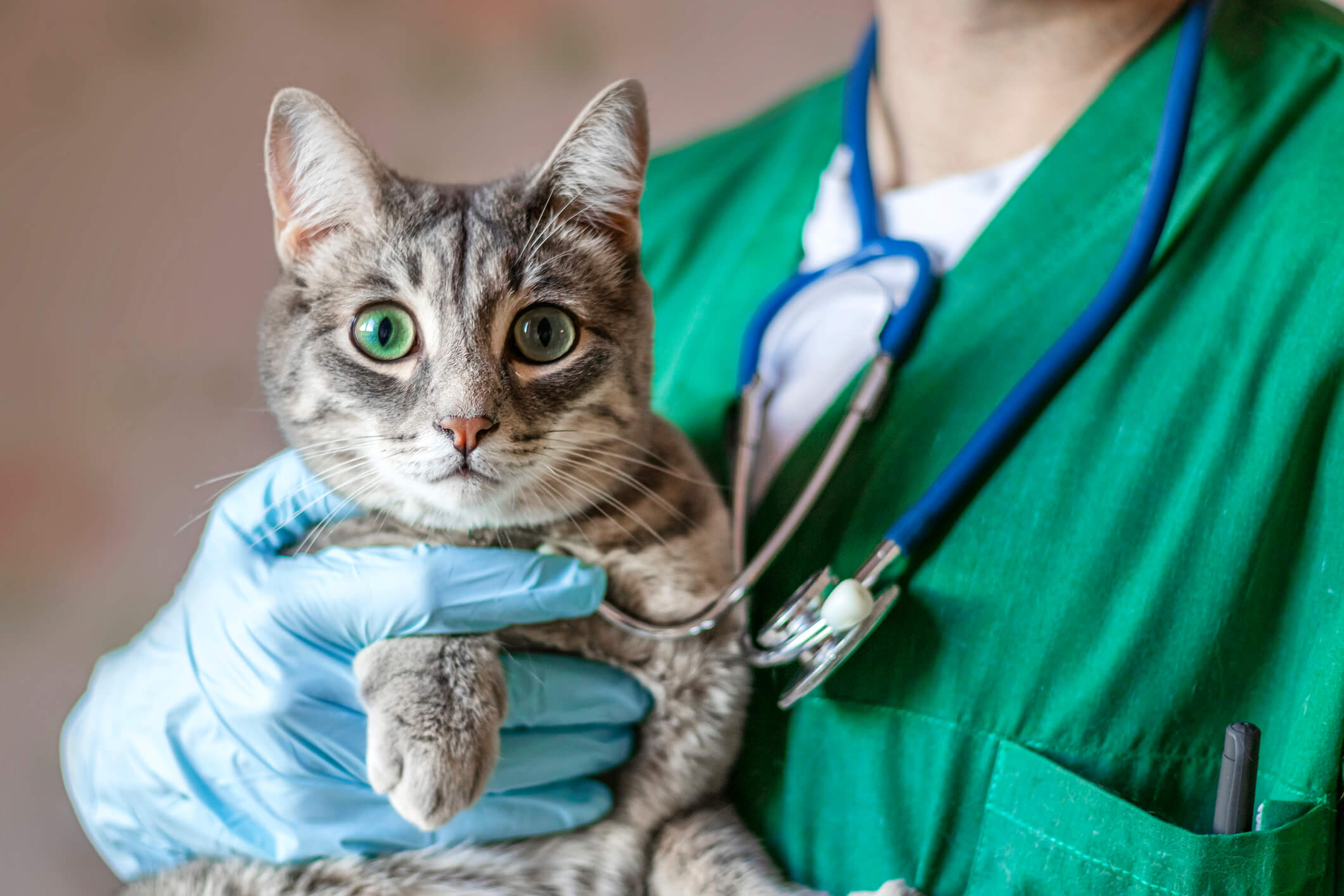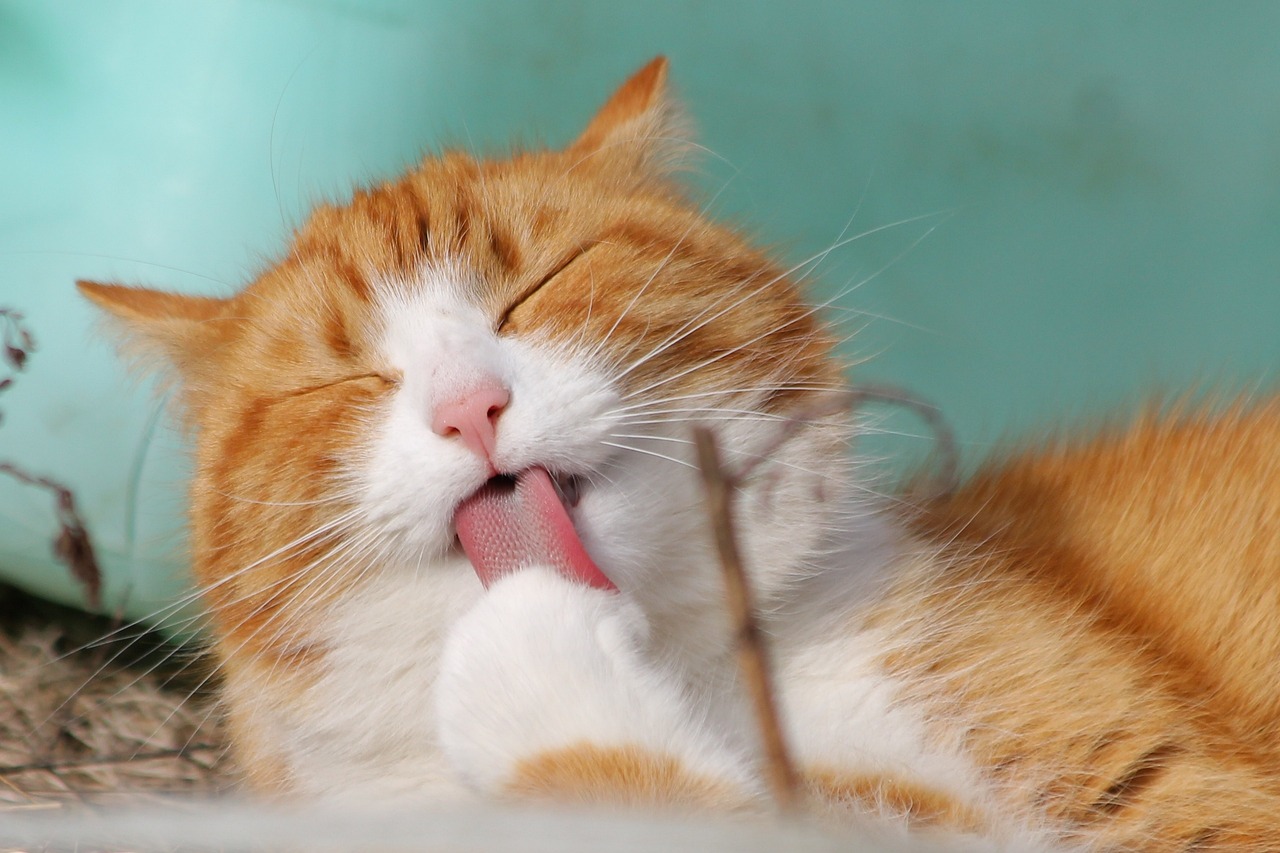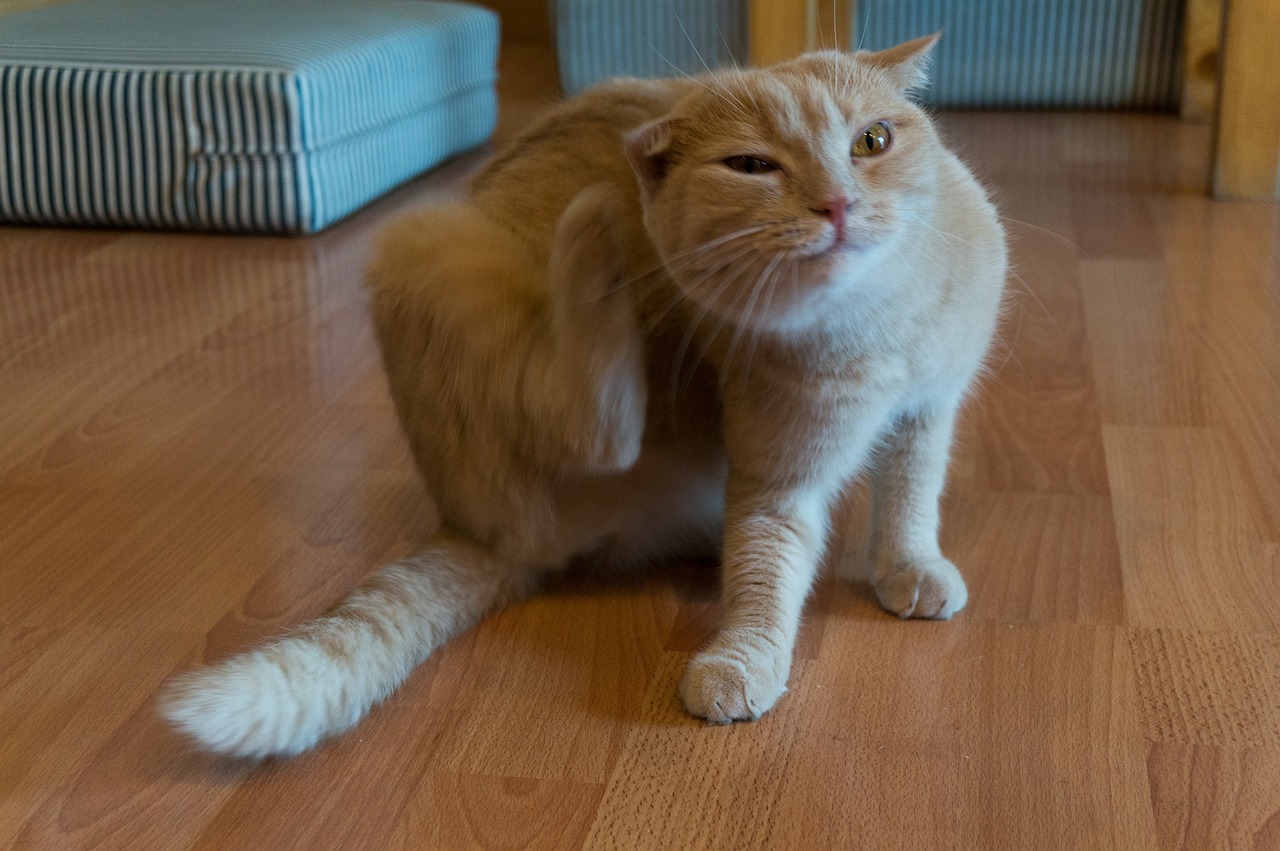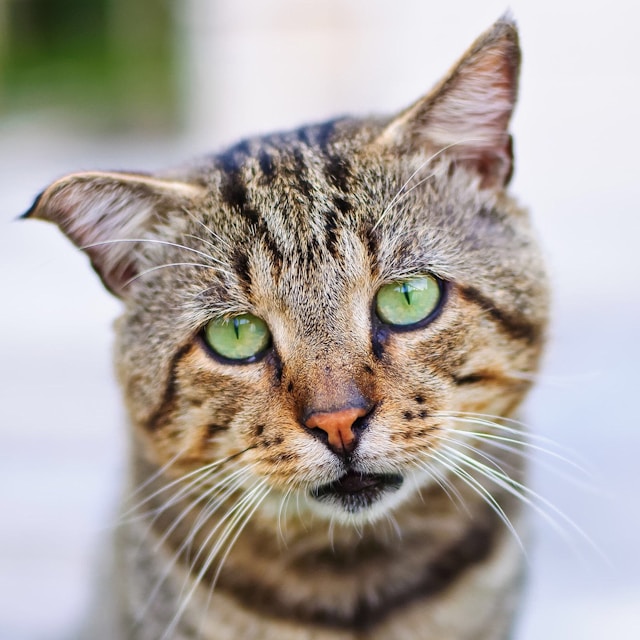American Bobtail
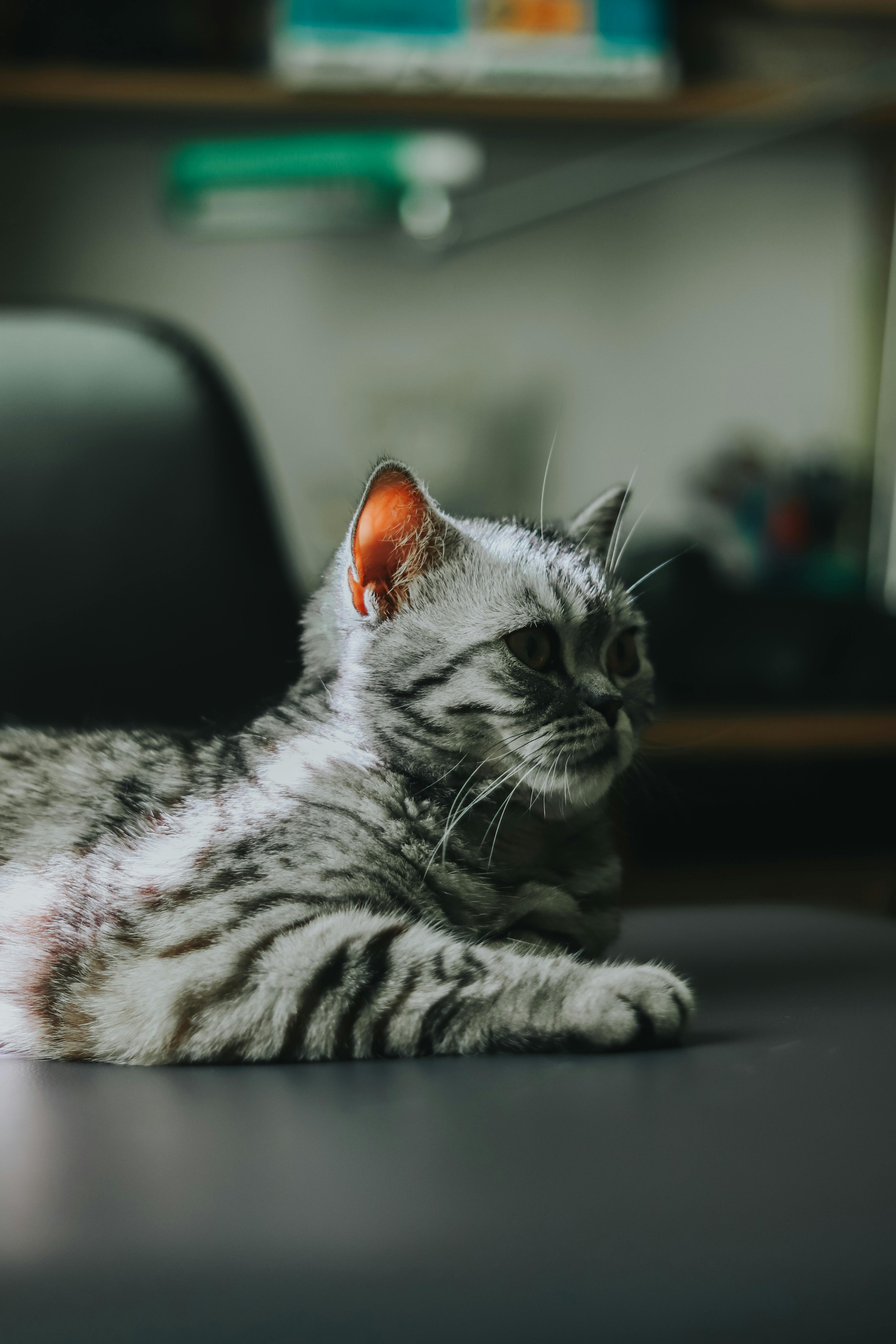
| OFFICIAL NAME | American Bobtail |
| COMMON NAME | American Bobtail |
| PET HEIGHT | 9 to 10 inches |
| PET WEIGHT | 7 to 16 pounds |
| LIFESPAN | 13 to 15 years |
| GOOD WITH | cats, children, dogs, families, seniors |
| TEMPERAMENT | affectionate, bold, sociable |
| INTELLIGENCE | high |
| SHEDDING AMOUNT | normal |
| PLAYFULNESS | medium |
| ENERGY LEVEL | calm |
| VOCAL LEVEL | frequent |
| COAT LENGTH | long, short |
| COLORS | black / ebony, blue/gray, chocolate / brown/sable, cinnamon, cream/beige/tan, fawn, lavender/silver, lilac, red / orange, white |
| OTHER TRAITS | easy to groom, easy to train, friendly toward humans, friendly toward other pets, friendly toward strangers, good for first-time pet owners, good lap cat, high potential for weight gain, prone to health issues, strong loyalty tendencies, tolerates being picked up |
Playful and loving, they are frequently called the "golden retrievers" of the cat world. These cats are great companions because they love being around people. Nevertheless, due to their rarity, adopting one can be somewhat costly.
American Bobtail Appearance
An American Bobtail can be easily identified by its distinctive tail, only around one-third as long as a typical cat. Every tail is different, typically ranging in length from one to four inches, and may have bumps, kinks, or both.
American Bobtails can have either short or long hair and a naturally wild appearance. Their fur, which can be long, shaggy, or dense, can be a wide range of colors and patterns. Because they are not hypoallergenic and shed a lot, they can aggravate allergies.
These cats have big, colored eyes that have an almond shape. They usually weigh between 7 and 16 pounds and have a muscular, athletic build with long back legs. Compared to other cats, American Bobtails mature more slowly, often taking two to three years to reach full adulthood.
American Bobtail Personality
American Bobtail cats are admired for having kind, gentle, and loving behavior. Because they are not aggressive or territorial, they make excellent lap cats and companions and are ideal family pets. These cats aren't very active, but they do enjoy playing. They enjoy cuddles and are content with quick play sessions.
Due to their laid-back personality, American Bobtails are generally relatively quiet, though they occasionally murmur and meow while playing. American Bobtails are walk-loving and easy to leash train like many other cats. They engage with their human families constantly and are incredibly affectionate and warm. They are lovely additions to any home because they get along well with both dogs and other cats.
American Bobtail Living Needs
American Bobtails love spending time with people and are very affectionate. Being left alone for extended periods does not sit well with them, so if you have a hectic schedule, spend plenty of time loving your Bobtail when you get home. They do, however, make excellent traveling companions if you travel frequently.
American Bobtails are a solid and athletic breed despite being the least active. They invest excellently in tall cat trees because they can jump up to six feet and have powerful hind legs. They are picky eaters at times. They adore meat and frequently turn down meals without it. They can't digest too many carbohydrates, so they need a diet high in fat and protein to stay healthy.
American Bobtail Care
Taking care of your American Bobtail's grooming requirements is quite simple. To keep their coat healthy and silky, brush them once or twice weekly. American Bobtails require different brushing schedules for coat lengths ranging from short to medium. The main focus is to eliminate any loose fur to avoid matted hair. They hardly ever require a bath.
Remember to clean their ears and give them frequent nail trims. Additionally, brushing their teeth a couple of times a week is crucial. Also, according to your veterinarian's recommendations, provide premium cat food to your American Bobtail. Pay attention to portion sizes to avoid obesity.
American Bobtail Health
American Bobtails are typically a healthy breed with a 13 to 15-year lifespan. But occasionally, not having a tail can cause health problems. Spinal cord injuries are possible in cats born without tails. Although many issues are related to balance, severe spinal damage can make it difficult for them to control their bowel movements and use the litter box.
American Bobtail Exercise Requirements
While they're not highly active, American Bobtail cats are playful. Ensure they have many cat toys and a cat tower to occupy them. They like taking walks on leashes and engaging in active indoor play.
They are skilled escape artists because of their cleverness. They are difficult to contain because they frequently manage to escape from enclosed spaces and cat carriers. Though they still enjoy traveling, they are excellent company for long-distance truck drivers.
American Bobtail Training
The secret to your American Bobtail's happiness is keeping it mentally engaged. They adore puzzle games, learning new skills, and leash training. These activities make them happy and occupy their minds.
American Bobtails are clever and straightforward to train. They can be trained to play fetch and walk on a harness, and they pick up the use of a litter box and scratching post quickly. Please provide them with lots of interactive toys to keep their minds active. It's usually easy to socialize with them; if they are exposed to new people and animals at a young age, they will be amiable and welcoming to strangers.
American Bobtail History
The American Bobtail is not the result of domestic cat and bobcat crossbreeding but instead of natural selection. Wild and domestic cats with naturally bobbed tails were utilized by breeders in the 1960s to produce these robust cats with their friendly characteristics and wild looks. They were acknowledged by The International Cat Association in 1989. In March 2013, The Cat Fanciers Association approved them to compete in championship events. Unlike the Japanese Bobtail, this breed was not developed using pedigreed cats. There is no recognized genetic susceptibility to particular health issues, and the American Bobtail is generally healthy.
American Bobtail Fun Facts
Some American Bobtails are born without tails, earning them the nickname "rumpies."
These cat-dogs, as some call them, might even wag their tails when they're happy, just like dogs.
Get insurance plans with wide-ranging coverage options








